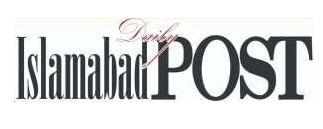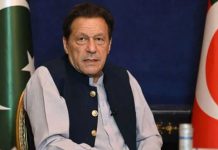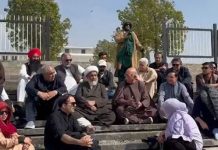Karachi – October 11, 2023
Leading minds and experts in Pakistan’s diplomacy and foreign relations convened at a seminar titled ‘The Changing Geopolitical and Geo-Economics Scenario in the World and Pakistan’s Foreign Policy Options.’ The event was organized by the Global and Regional Studies Center (GRSC) at the Institute of Business Management (IoBM) on Wednesday, October 11, 2023. The esteemed speakers of this seminar were Ambassador Dr. Masuma Hasan, Ambassador Muhammad Alam Brohi, Ambassador Mustafa Kamal Qazi, and Ambassador Qazi M. Khalilullah. Ambassador Ghulam Rasool Baluch was the moderator. Present on this occasion were IoBM’s President, Mr. Talib Karim; Rector, Deans, Faculty, and Students.
During his address, the President of IoBM, Mr. Talib S. Karim, emphasized the need to foster more cordial relations with all regional neighbors. He added that as an Institute, our goal is to collaborate with bureaucrats, ambassadors, and diplomats, focusing on research and inviting thinkers and intellectuals to discuss various foreign policy and diplomacy issues. IoBM’s Global and Regional Studies Center, led by Ambassador G. R. Baluch, is actively working to promote such initiatives.
During his Welcome Address, Ambassador Ghulam Rasool Baluch said, ”Since the end of the infamous Cold War era after the collapse of the erstwhile USSR, the world has been in flux. Analysts and experts of international relations have been predicting a unipolar world on one end of the spectrum of views while on the other spectrum to which a majority of expert statesmen agreed is the emergence of a multipolar world.”
Ambassador Dr. Masuma Hasan emphasized that geopolitics and geo-economics are interconnected and cannot function in isolation. She stressed the importance of economic factors in establishing international relations and highlighted the threats posed by climate change, drugs, sanctions, and others in global foreign affairs. The emergence of other power centers has diminished the influence of the United States, though it still retains military power, she added.
Ambassador Mustafa Kamal Qazi mentioned that the end of the Cold War generated hope for a peaceful global order. However, we now witness a resurgence of risky military confrontations, disputes over resources, and a heightened risk of nuclear conflict. This political polarization contributes to a crisis mentality that does not bode well for the world at large. He emphasized the need for Pakistan to establish and implement a strong position in the geopolitical order.
Ambassador Qazi M. Khalilullah focused on the significance of the China-Russia alliance and outlined foreign policy options for Pakistan. Conflicts are occurring in interdependent contexts, and the world finds itself at a critical juncture, he added. He also noted the development of Pakistan-Russia and Pakistan-Ukraine relations and how the formation of the Afghanistan interim government has enabled trade through Afghanistan involving Pakistan, Russia, and Central Asian states.
Sharing his perspective on geopolitical groupings and their implications for Pakistan, Ambassador Muhammad Alam Brohi highlighted how technological advancements have turned the world into a global village. He discussed events organized by the G7 and G20 summits, noting their focus on building a better world, but he emphasized that these groups have not assumed a leading role. Syed Hasan Habib presented the vote of thanks. He said that this seminar was an opportunity for the students to learn from the experts of Pakistan’s foreign policy.

















